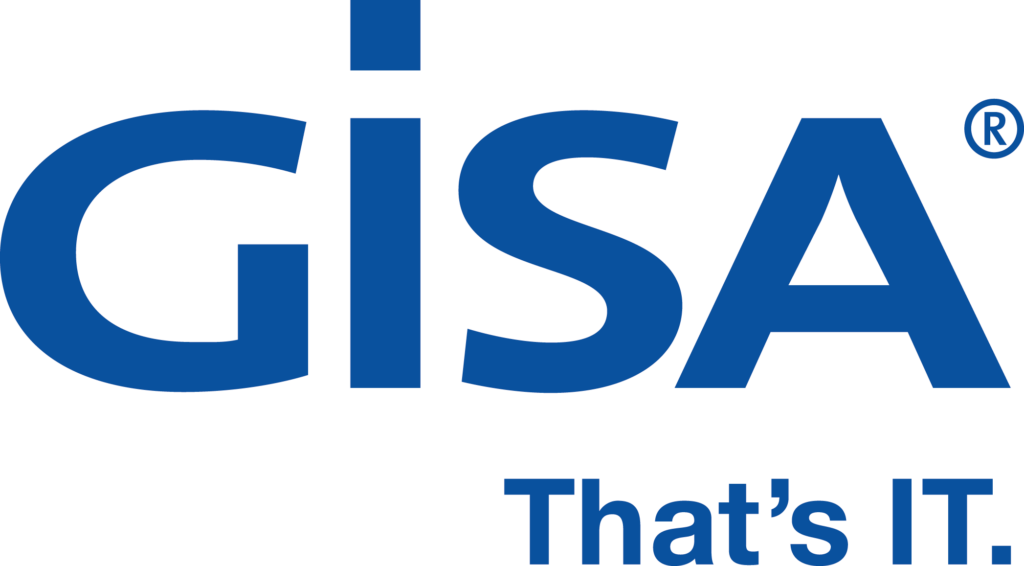12th Symposium on Software Performance 2021

9.–10. November 2021
Leipzig (on-site), Germany
News
| Feb 23, 2022: The proceedings are now published. Thanks to all authors for their great contributions! |
| Nov. 07, 2021: Due to a governmental decision, events in Saxony are only allowed with the 2G rule (vaccinated, cured – “geimpft, genesen”). Therefore, SSP will take place with the 2G rule. |
| Oct. 01, 2021: The registration is open now. We are looking forward to 20 great presentations! |
| Aug. 16, 2021: Deadlines are extended to Sep. 03 for abstracts and to Sep. 05, 2021 for papers |
| Apr. 07, 2021: CfP is published, Submission is open |
We intend to conduct the SSP 2021 on-site in Leipzig and keep you updated on this page.
Goals
The Symposium on Software Performance (SSP) brings together researchers and practitioners interested in software performance, where “performance” is understood both in a classical sense as “the amount of useful work accomplished by a software system compared to the time and resources used”, as well as in a broader sense as “the manner in which or the efficiency with which a software system reacts or fulfills its intended purpose”. The scope of SSP spans measurement, modeling, benchmark design, and run-time management. The focus is both on classical performance metrics such as response time, throughput, and resource utilization, as well as on the relationship of such metrics to other software quality attributes including but not limited to scalability, elasticity, (energy) efficiency, dependability (in terms of availability and reliability), resilience, security, and privacy. Topics of interest include the design of metrics, benchmarks, and tools for quantitative system evaluation and analysis, as well as the development of methodologies, techniques and tools for modeling, measurement, load testing, monitoring, profiling, workload characterization, and run-time management of software systems with respect to the mentioned quality attributes.
The symposium is organized by the three established research groups Descartes, Kieker, and Palladio; thus this symposium also serves as a joint community meeting. Descartes’ focus are techniques and tools for engineering self-aware computing systems designed for maximum dependability and efficiency. Kieker is a well‐established tool and approach for monitoring software performance of complex, large, and distributed IT systems. Palladio is a likewise‐established tool and approach for modeling architectures of IT systems and for simulating quality properties, such as for example performance or reliability metrics.




